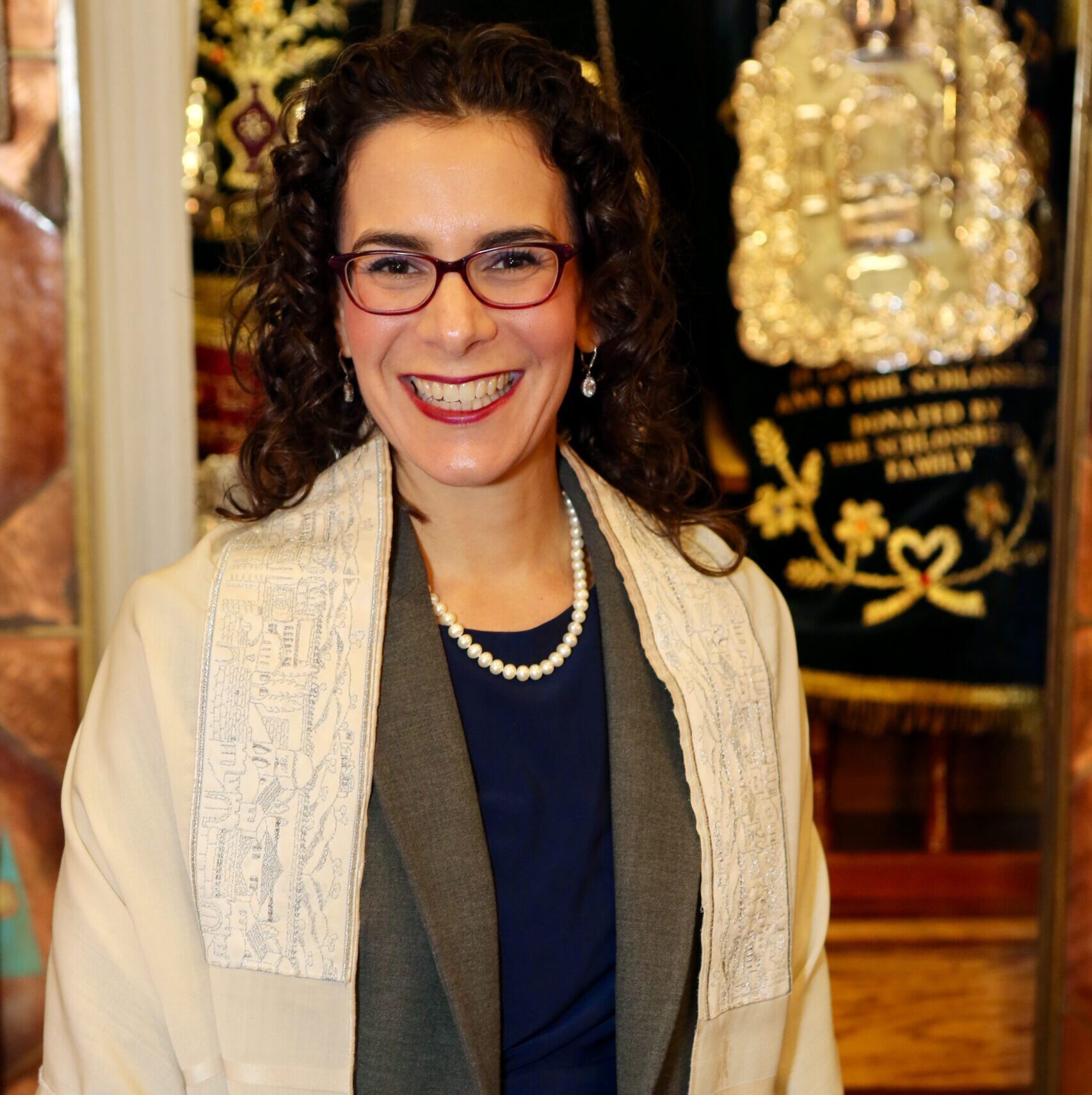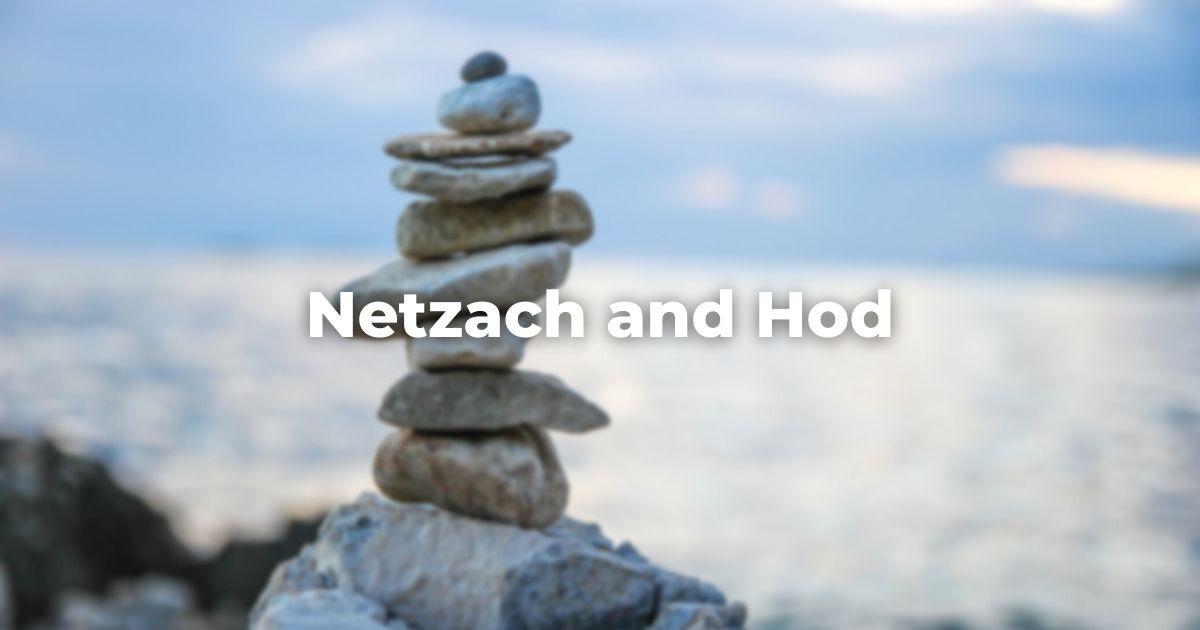(Adapted from Rabbi Friedson’s 5784 Rosh Hashanah sermon.)
In 1989, an 8.2 earthquake almost flattened Armenia, killing over thirty thousand people in less than four minutes.
Moments after the deadly tremor ceased, a father raced to the local elementary school to find his son. When he arrived, he saw that the building had been leveled. Looking at the mass of stones and rubble, he remembered a promise he had made to his child: “No matter what happens, I’ll always be there for you.” Tears filled his eyes. Looking at the pile of debris that had once been a school, it seemed hopeless.
Driven by his promise, he found the area closest to his son’s classroom and began to pull back the rocks. Other parents arrived and began sobbing for their children. “It’s too late,” they told the man. “You know they are dead. You can’t help.”
All he said was, “Are you going to help me now?”
A firefighter asked him to leave, warning him of the danger of further debris collapsing or fire breaking out.
“Are you going to help me now?”
A police officer encouraged him to give up his task, “You’re angry and distraught. Go home. We’ll handle it.”
But the father refused to leave, asking, “Are you going to help me now?”
No one helped.
For eight hours, then sixteen, then thirty-two, thirty-six hours he dug. His hands were raw and his energy gone, but he refused to quit. He had to know if his son was dead or alive.
Finally, after thirty-eight wrenching hours, he pulled back a boulder and heard his son’s voice. He called his boy’s name, “Armand! Armand!” And a voice answered him, “Dad, it’s me!” Then the boy added these priceless words, “I told the other kids not to worry. I told them if you were alive, you’d save me, and when you saved me, they’d be saved, too. Because you promised, ‘No matter what, I’ll always be there for you.'”
“What’s going on in there,” the father asked.
“There are 14 of us left out of 33, Dad. We’re scared, hungry, thirsty, and thankful you’re here. When the building collapsed, it made a wedge, like a triangle, and it saved us.”
“Come on out now son.”
“No, Dad! Let the other kids out first because I know you’ll get me. No matter what, I know you’ll be there for me.”
The father, inspired by his love for his son and the promise he made, tenaciously persisted in digging out the boy and his classmates.
In Judaism, the father demonstrated the middah, the soul trait, of Netzach. Netzach is derived from two Hebrew words: nitzachon—victory and nitzchiut—eternity. Combine these two words and you get tenacity, endurance, and persistence.
Rabbi Simon Jacobson writes, “Netzach is a combination of determination and tenacity, and a balance of patience, persistence and guts. Endurance is also being reliable and accountable, which establishes security and commitment. Without endurance, even a good endeavor or intention has no chance of success. Netzach is an energy that comes from within, feeling driven by healthy and productive goals. It is the readiness to fight for what you believe, to go all the way. Without such commitment any undertaking remains flat and empty.”
It reminds me of a story: A Buddhist monk bought a hotdog at a stand in New York City. “Make me one with everything,” he said. He paid with a $20 bill. When he asked for his change back, the vendor responded, “Change comes from within.”
During the High Holidays, we make commitments to ourselves and to God.
This is the year we’ll finally get rid of those bad habits or heal broken relationships. This is the year we will increase our Jewish observance or finally reach out to our estranged cousin. I hope it is!
The work of teshuva requires persistence and tenacity. Goals based on our values require hard work day in and day out.
Reflect on what you are most proud of in your life. Did it come easily? No bumps in the road?! Of course not. Our greatest accomplishments require netzach, persistence to stay the course and overcome the challenges that we face.
How do we know what to commit to? How can we determine a worthy goal? Imagine a person’s goal is to save a million dollars. They worked hard, saved, invested and then arrived at the goal. Thank you, netzach!
Then what? Persistence matters, but only to a point. We have to make sure we’re clear about why we make our commitments and what it is we hope for when we achieve it.
That’s where netzach’s partner middah—soul trait—hod comes into play. Hod means “splendor or glory,” and it’s related to the word for gratitude, “hoda’ah.” This middah helps us see the wonder in the world around us and accept reality with humility and gratitude.
My husband, Caleb, and I went to Cape Cod on our honeymoon. We took a whale watching cruise that was supposed to last 2.5 hours. Over 2 hours into the cruise, we hadn’t seen a single whale. Our stomachs were growling and we were wondering why we bothered with this stupid boat ride in the first place.
Then, we arrived at a spot in the ocean filled with whales. There must have been 1000. As far as the eye could see, these majestic creatures were breaching the surface as they fed and played. Whale after whale swam by the boat, close enough to feel the spray of their breath and see the baleen in their mouths and intelligence in their eyes. They were huge, graceful, alien and familiar at the same time. It was the most awe inspiring experience of my life. I forgot my irritation, my hunger, my plans. I was completely in the moment, surrounded by beauty. This is the middah of hod. Hod are the “wow” moments of life.
Laura Hegfield writes, “I understand … Hod in this way: when we recognize the splendor, glory, magnificence of Creation, of the blessings in our lives, no matter the challenges and imperfections we perceive and experience, the wise response, is to surrender, loosen our grip and accept our place in all that is with humility and deep, deep gratitude.”
With hod, we embrace the world with openness and curiosity. We live in the moment, engaging with life fully as it is right now, in all its messy beauty. Hod requires that we pause, yield, appreciate, and engage.
“God, grant me the serenity to accept the things I cannot change, the courage to change the things I can, and the wisdom to know the difference.”
The Serenity Prayer, attributed to Pastor Reinhold Niebuhr from the 1930s, is widely used in 12-step programs. Judaism has an earlier version of this, from the 11th-century: Solomon ibn Gabirol, the author of Adon Olam, wrote in A Choice of Pearls in Consciousness, Mivchar HaPeninim 17:2, “At the head of all understanding is realizing what is and what cannot be, and consoling ourselves for what is not in our power to change.”
Not quite as catchy but equally meaningful as, “God grant me the serenity to accept the things I cannot change, the courage to change the things I can, and the wisdom to know the difference.”
My colleague, Rabbi Claudia Kreiman, teaches, “Accepting the things we can not change is Hod. Courage to change the things we can change, is Netzach.”
The challenge is to know the difference. Not everything can, or ought to be changed. The world is messy and broken and we must repair what we can. The world is also beautiful and unique, and we must appreciate that with awe and wonder.
Rabbi Jay Michaelson explains, “We can (borrowing from Thomas Edison) understand hod as inspiration, and netzach as perspiration. Hod are those moments of insight at which we sing and shout “awwww!” Netzach are the rest of the times. Hod are, in relationship, those perfect evenings on tropical islands, where the sun sets over the water and the night is filled with love. Netzach are the times you pick your lover up at the airport. To paraphrase Rabbi Zalman Schachter-Shalomi, hod is like a Ferrari; netzach like a Hummer. To paraphrase Jack Kornfield, hod is the ecstasy; netzach is the laundry.”
I love this dichotomy of the two middot. Netzach pushes, hod yields.
Rabbi Art Green writes:
“Netzach seeks to remake the world, to render everything perfect. It is a great force for goodness, that which inspires us to go forth and right the world’s wrongs, to reform the social order, to fulfill the dream of perfection.
“Hod is the admission that we cannot do it all, the acknowledgment that we have to accept ourselves as we are and be grateful for life as it has been given to us. Beauty lies in that which is, if only we open our inner eye to behold it.
“Netzach strives for transformation; it is the impatient force within us that believes we can accomplish anything, that reality should be subject to our wise reshaping power.
“Hod is the other side of wisdom, the self that bows before the mystery of what is as it is, the self who submits to reality and rejoices in doing so.”
American culture emphasizes tenacity and grit, pulling yourself up by your bootstraps. It’s a netzach oriented society. We push, strive, and achieve. We set goals and crush them.
It reminds me of the story about a squirrel who joined the service of the King of the Forest, the lion.
He did whatever work was given him, quickly and well. The lion became fond of him and promised to give him a cartload of almonds as pension when he retired.
The squirrel envied the other squirrels in the forest because of their carefree life.
He longed to run up and down trees and leap from branch to branch like them but he could not leave the king’s side and even if he could he had to move with courtly dignity.
He consoled himself with the thought that at the end of his career, he would receive a cartload of almonds, a food that few squirrels got to taste in their lifetime.
“They will envy me then,” he told himself.
The years passed. The squirrel became old and then it was time for him to retire.
The king gave a grand banquet in his honor and at the end of it, presented him with a cartload of almonds as promised.
The squirrel had waited so long for this day but when he saw the almonds, he was seized with sadness. They were of no use to him now. He had lost all his teeth.
Like the squirrel, we work and strive. It often leaves us feeling empty. Judaism recognizes that a life only dedicated to striving is not a full life. It can lead us to full calendars and bank accounts but empty hearts and souls.What’s the point of striving for more if we don’t appreciate what we already have?
In the Kabbalistic sefirot, netzach and hod are seen as being like a pair of legs, you need them both to move forward. Netzach—endurance and tenacity—won’t do much without moments of inspiration found in hod.
Those moments of awe, wonder and gratitude don’t matter much if you can’t find ways to integrate them into your life and use them as inspiration to move ahead. Each bolsters the other. On Rosh Hashanah, we recommit to our ideals. We decide what we want to strive for, what we want to change, and what we need to appreciate. We all have the power to choose.
What are your goals for the year ahead? What is worth striving for? How will you appreciate all that is yours and the beauty around you?
God, grant me the serenity to accept the things I cannot change, courage to change the things I can, and the wisdom to know the difference.
Maimonides taught in Mishneh TorahRefers to the first five books of the Hebrew Bible, the Tanakh, also called the Five Books of Moses, Pentateuch or the Hebrew equivalent, Humash. This is also called the Written Torah. The term may also refer to teachings that expound on Jewish tradition. Read more, Hilchot Teshuvah 3:4 that the shofar is a wake up call. It calls, “Wake up you sleepers from your sleep and you slumberers from your slumber. Search your deeds and return in teshuvah.”
Reb Zalman Schachter-Shalomi was waking with his young daughter when she asked, “Abba, when we’re asleep we can wake up. So when we’re awake, can we wake up even more?”
Boker tov. Rise and shine. Awake from your slumber. Go forth with eyes that see the wonder around you, inspiring you, reminding you of your place in this beautiful messy world. Then get to work, with tenacity and grit, because God needs you, we need you, we need each other.
Shana Tova. Wishing you a year of wonder, awe, gratitude, persistence, and tenacity.
Author
-

Rabbi Sarah Freidson serves the spiritual, religious, educational, and pastoral needs of Temple Beth Shalom in Mahopac, NY. She believes in the transformative power of relationships. A gifted teacher and storyteller, she enjoys making Jewish learning accessible to individuals of all backgrounds, levels, and interests. She hopes to use her enthusiasm, skills, and talents to strengthen the Jewish community and to help people live better, holier lives through Torah and Jewish teachings.
View all posts




